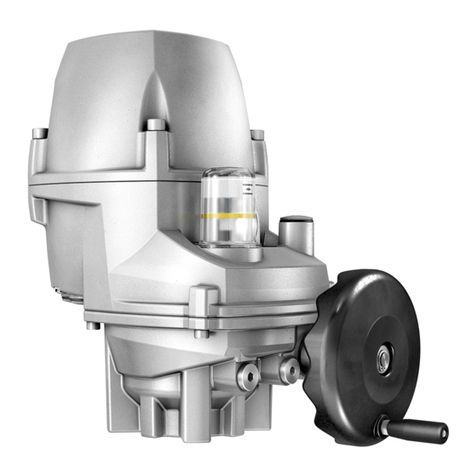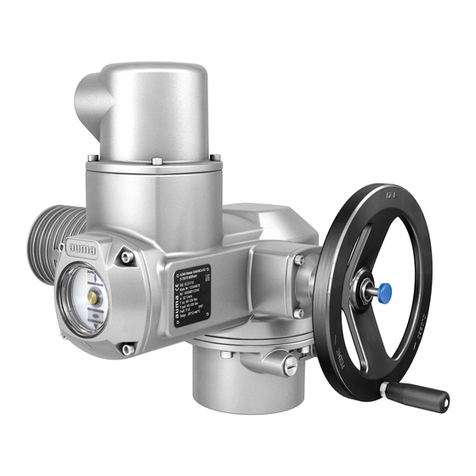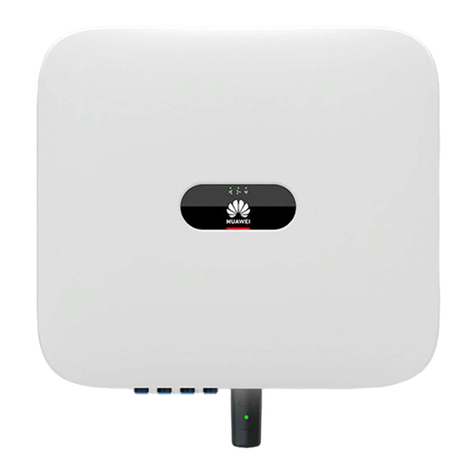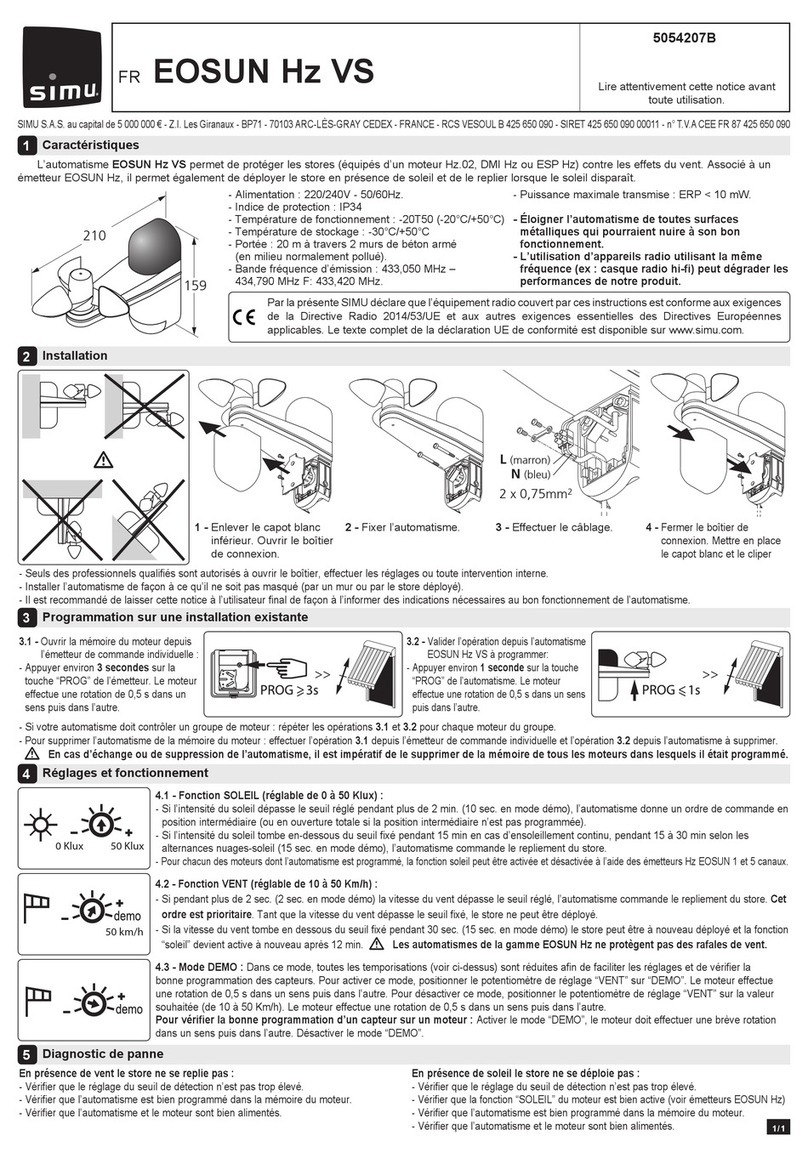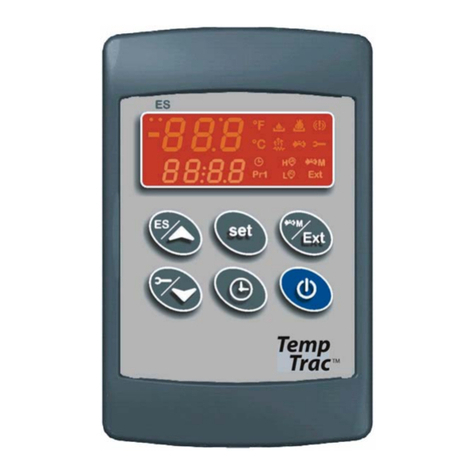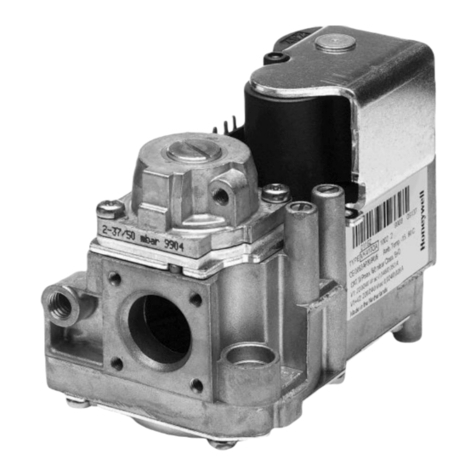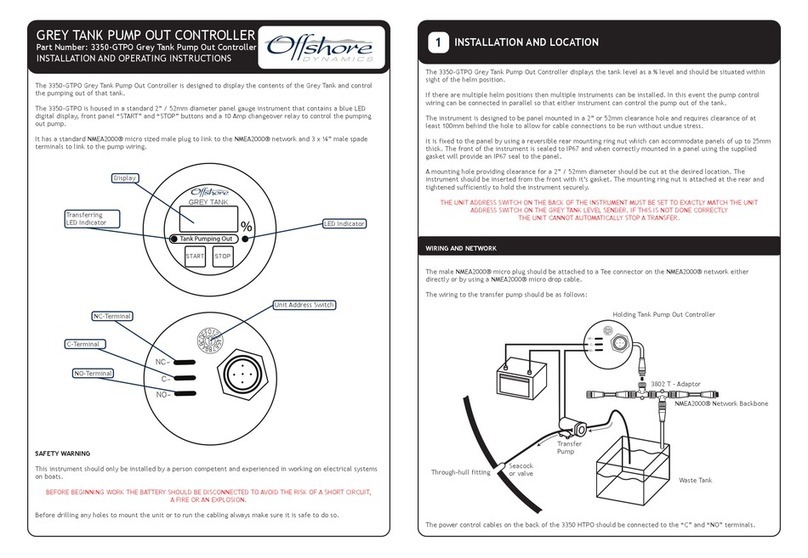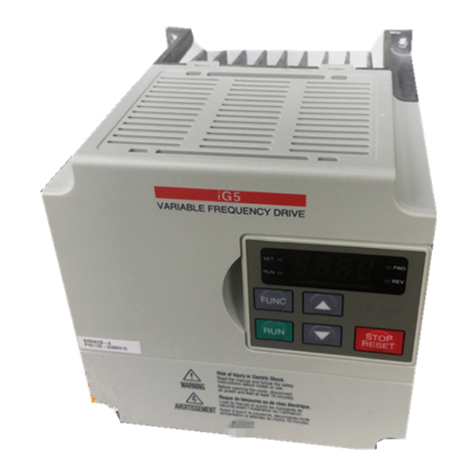AUMA PROFOX PF-Q80 User manual




















Other manuals for PROFOX PF-Q80
2
This manual suits for next models
3
Table of contents
Other AUMA Controllers manuals

AUMA
AUMA PROFOX PF-M25 User manual
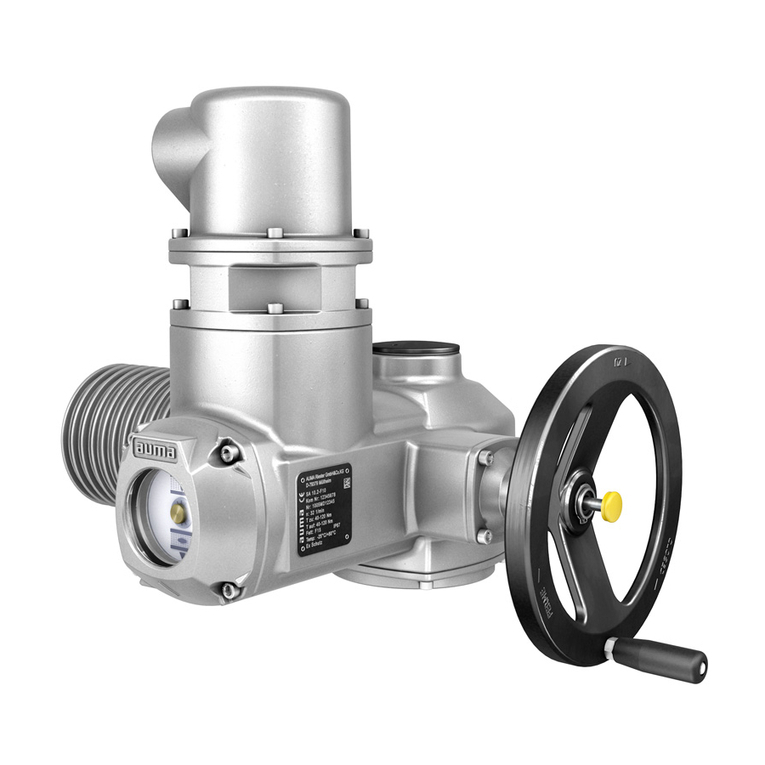
AUMA
AUMA SAEx 07.2 User manual
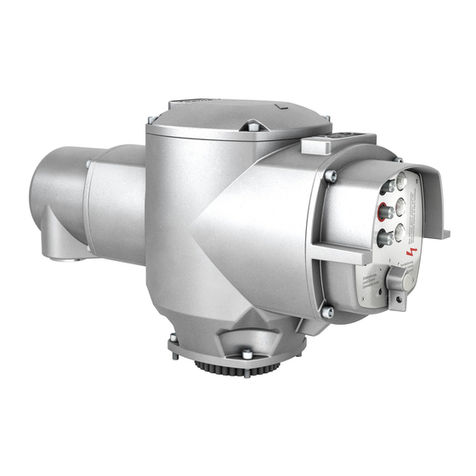
AUMA
AUMA AM 01.1 User manual
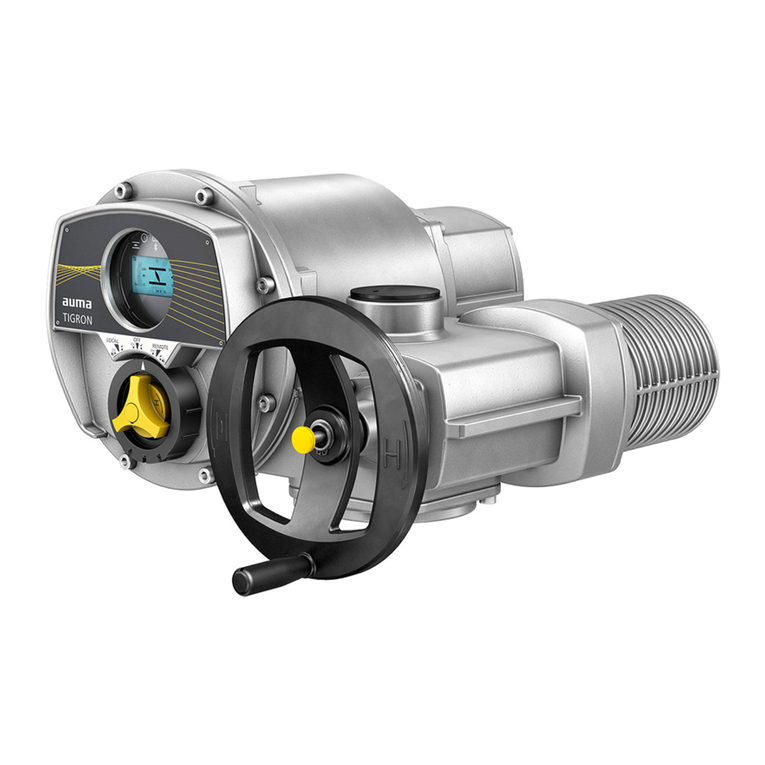
AUMA
AUMA TIGRON TR-M30X Manual
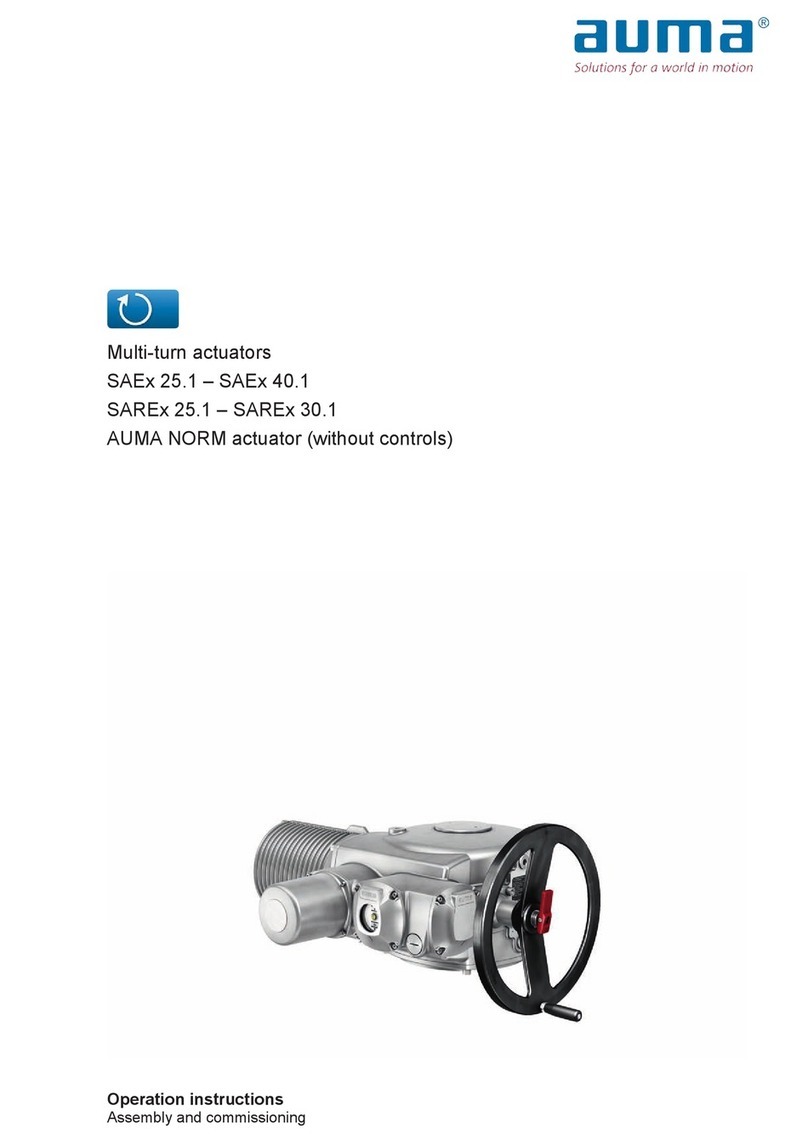
AUMA
AUMA SAEx 25.1 User manual
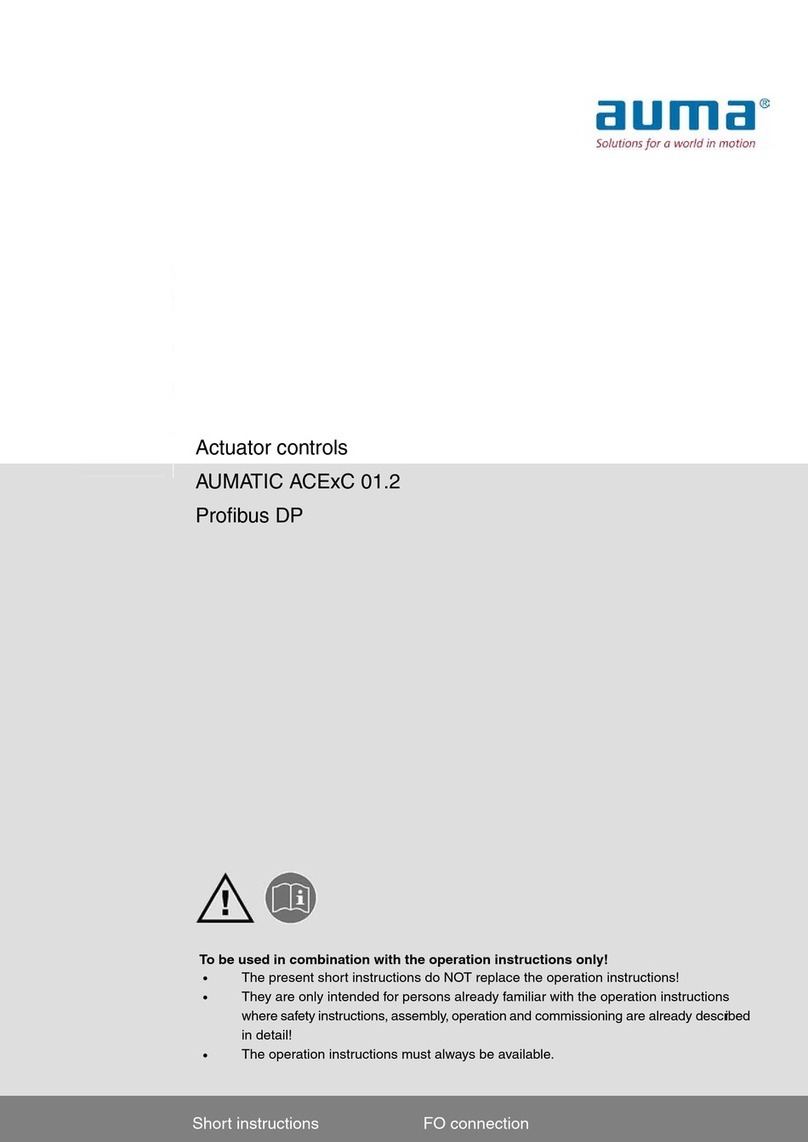
AUMA
AUMA AUMATIC ACExC User manual
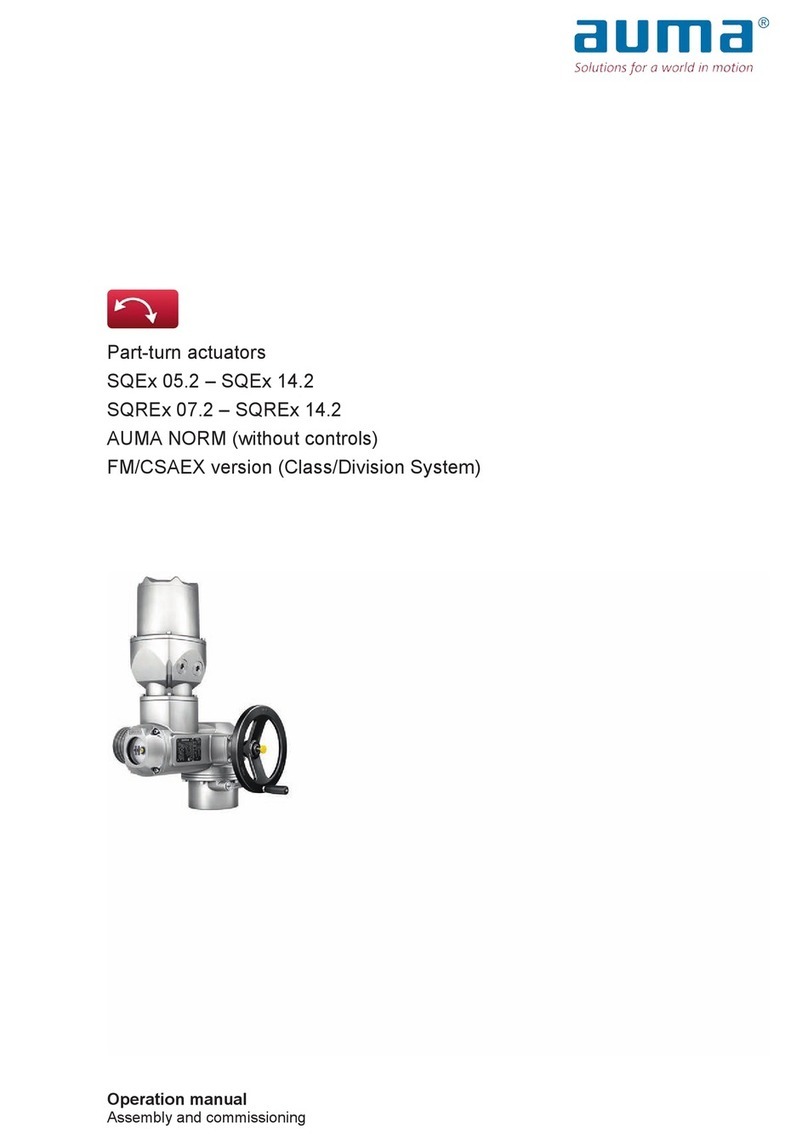
AUMA
AUMA SQEx 05.2 User manual
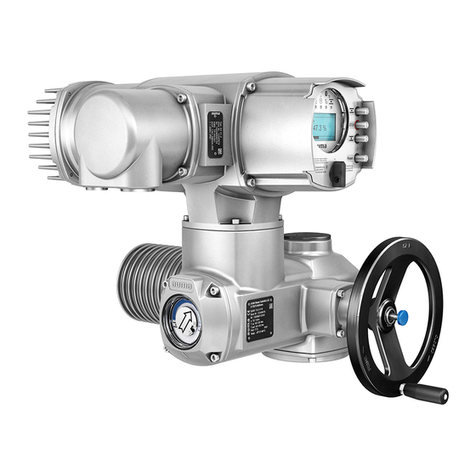
AUMA
AUMA SA 07.1 User manual
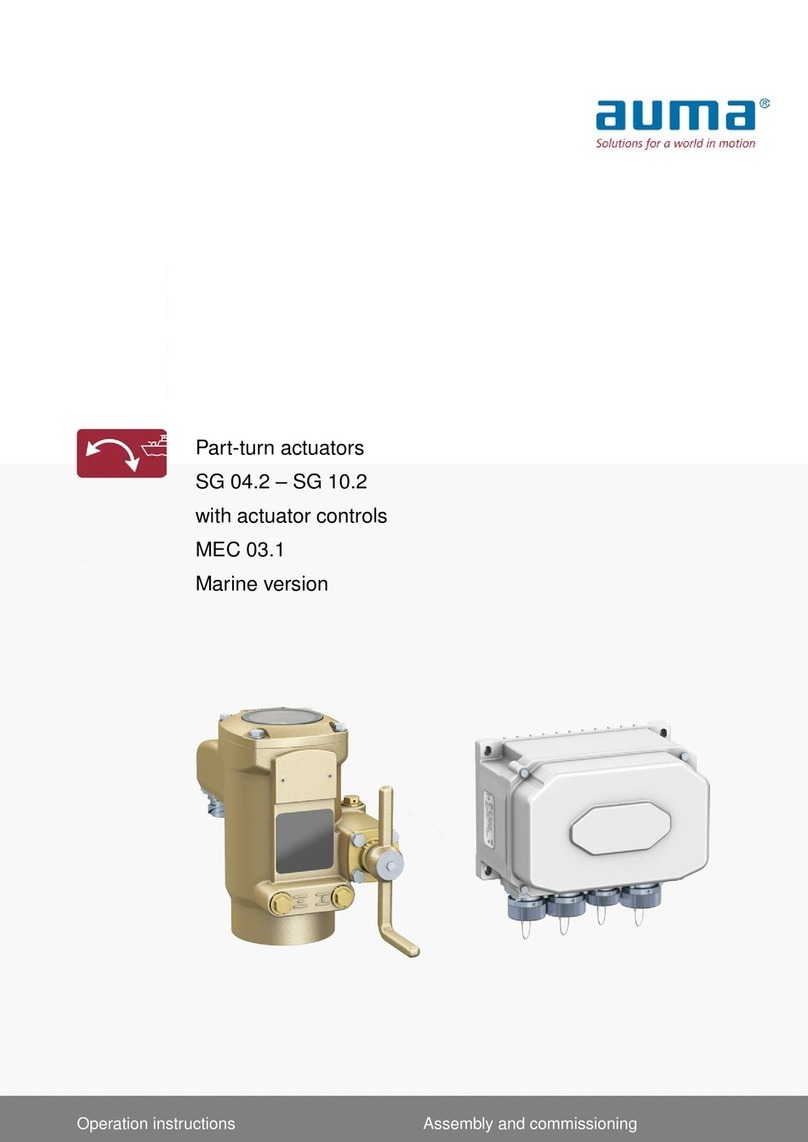
AUMA
AUMA SG Series User manual

AUMA
AUMA SQEx 05.2 User manual
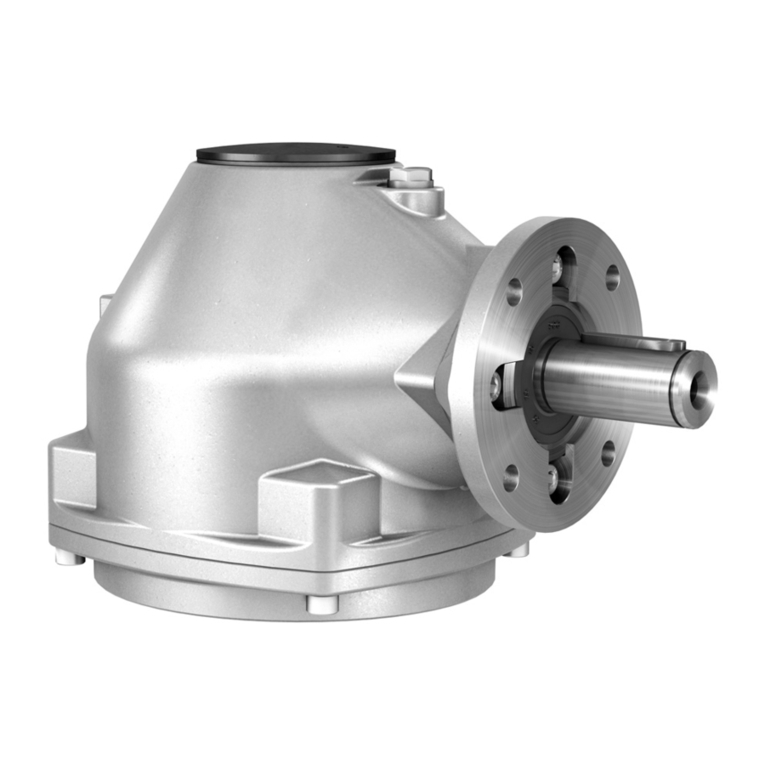
AUMA
AUMA GK 10.2 User manual
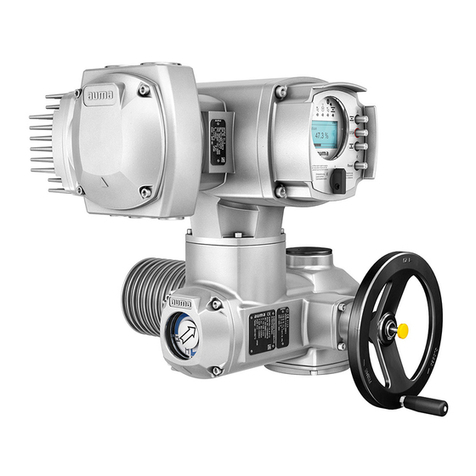
AUMA
AUMA SA Series User manual
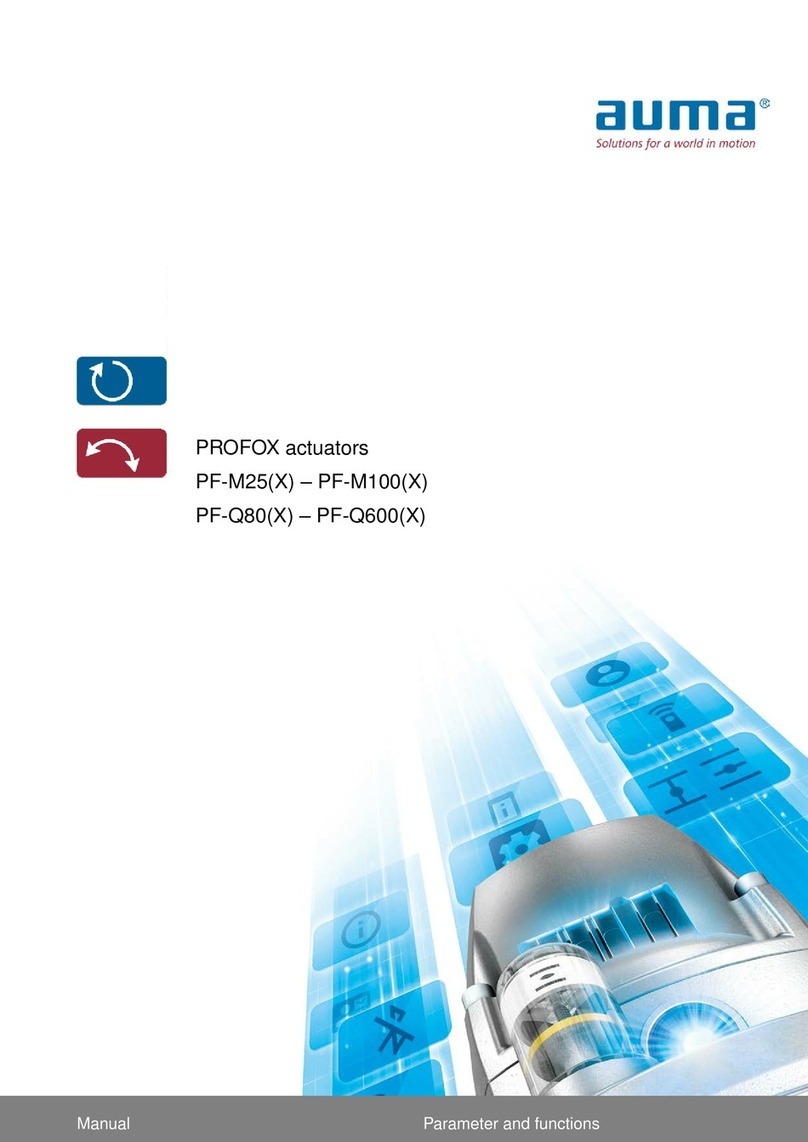
AUMA
AUMA PROFOX PF-M25X User manual
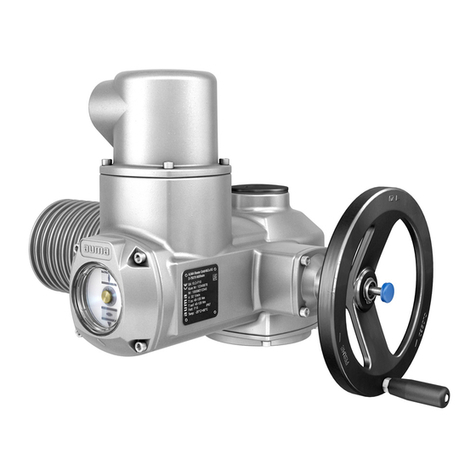
AUMA
AUMA SAE 07.2 Series Training manual

AUMA
AUMA SAEx 25.1 User manual

AUMA
AUMA PROFOX PF-M25 Manual

AUMA
AUMA SAEx 07.2 User manual
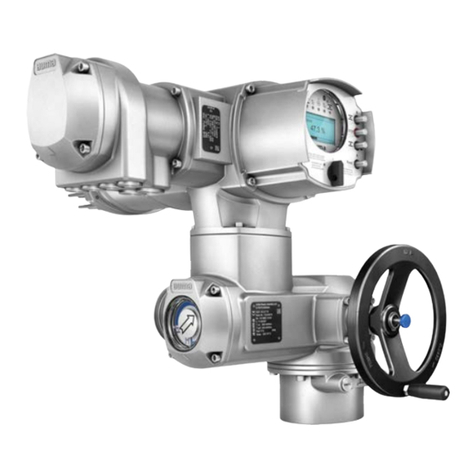
AUMA
AUMA SQV 05.2 User manual
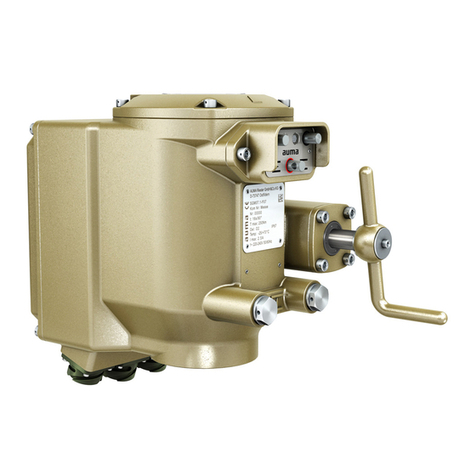
AUMA
AUMA SGM 04.1 User manual

AUMA
AUMA SGM 04.1 User manual
Popular Controllers manuals by other brands
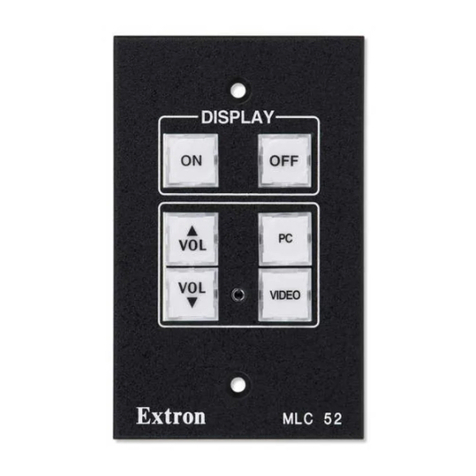
Extron electronics
Extron electronics Basic MediaLink Controllers MLC 52 IR Brochure & specs
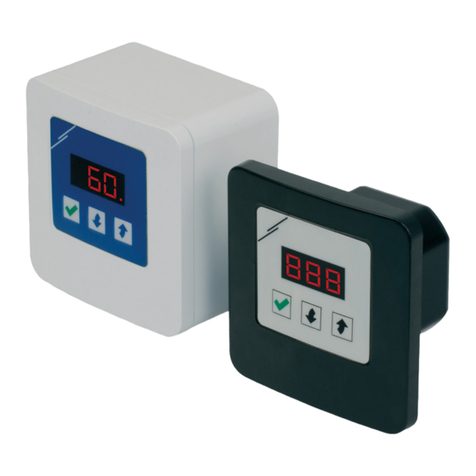
Sentera Controls
Sentera Controls RDCV Mounting and operating instructions
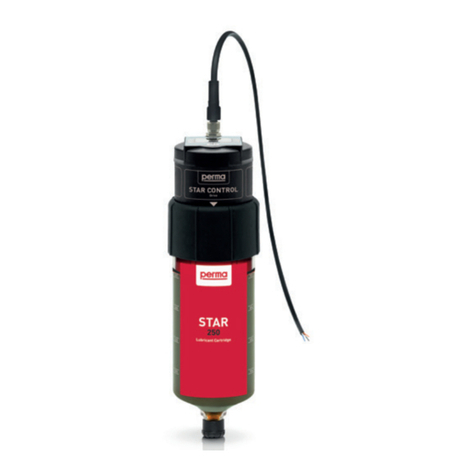
Perma
Perma STAR Series operating instructions
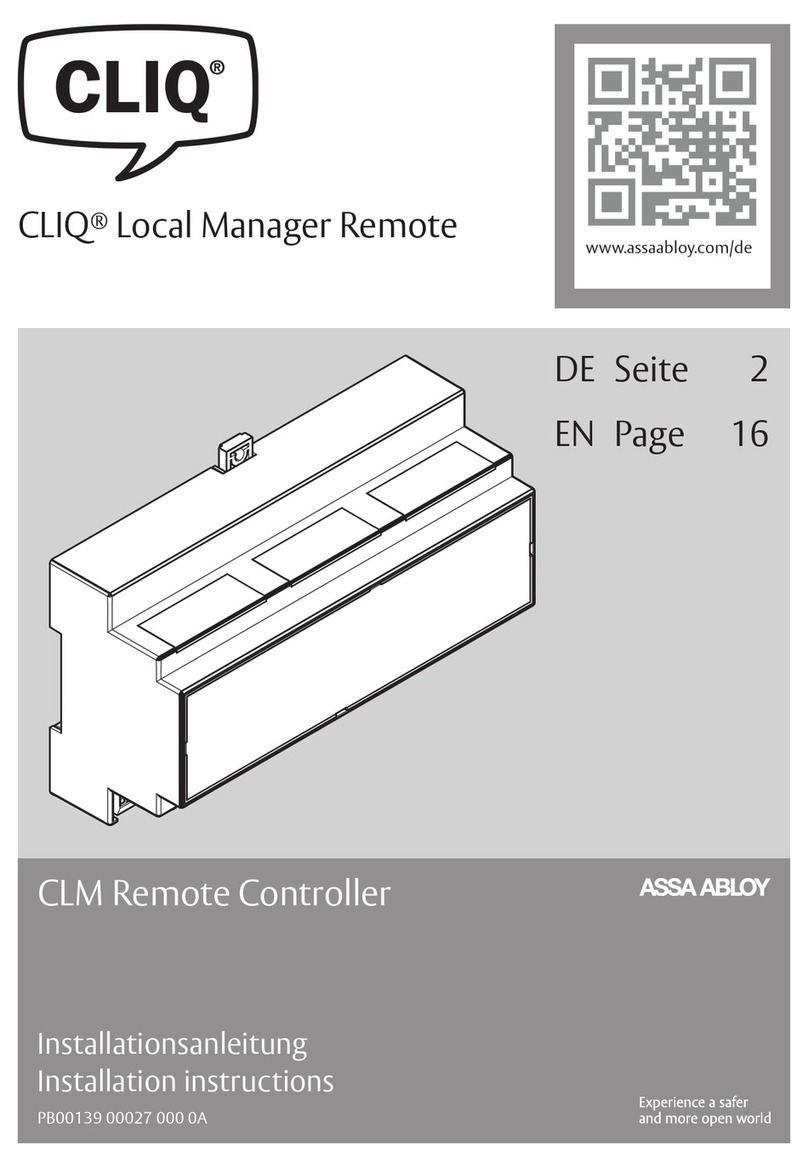
Assa Abloy
Assa Abloy CLIQ CLM installation instructions
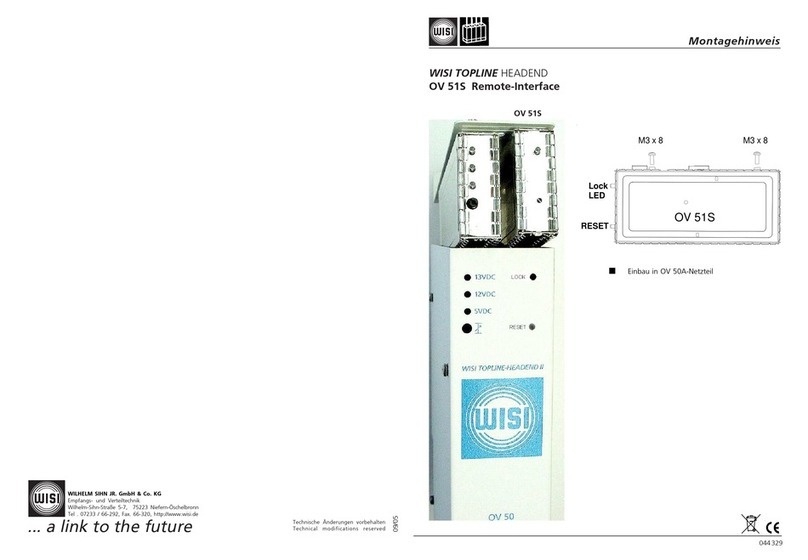
Wisi
Wisi TOPLINE HEADEND OV 51S Mounting instructions
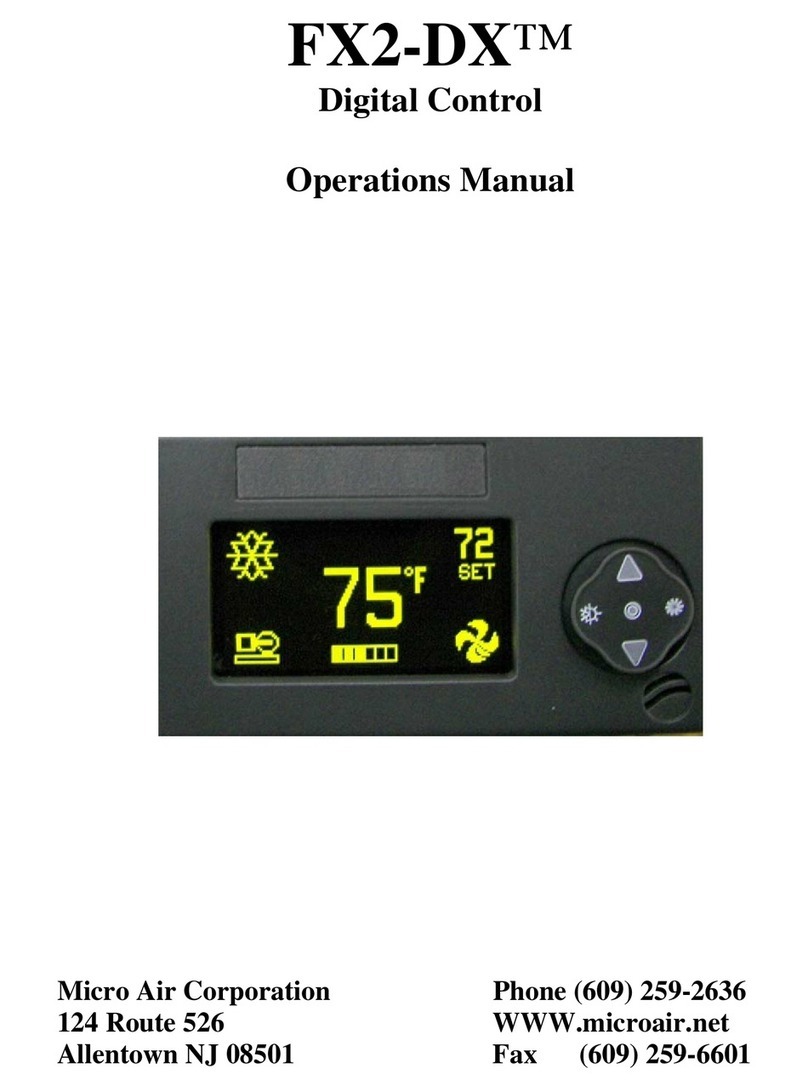
Micro Air Corporation
Micro Air Corporation FX2-DX Operation manual
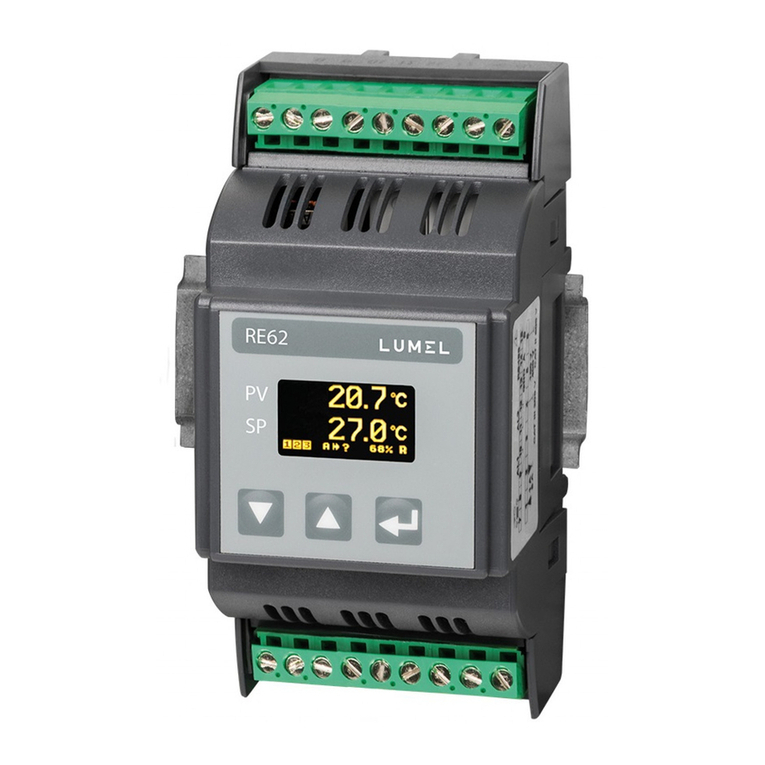
Lumel
Lumel RE62 User Manual & Quick Start
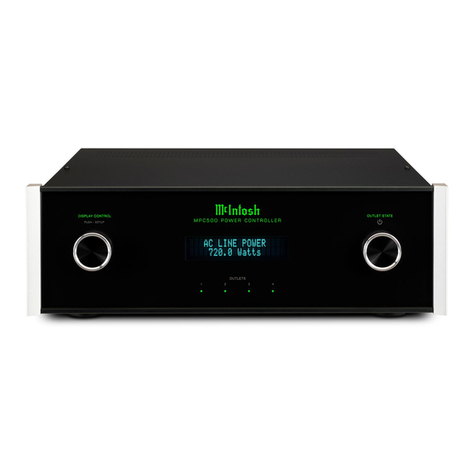
McIntosh
McIntosh MPC500 owner's manual
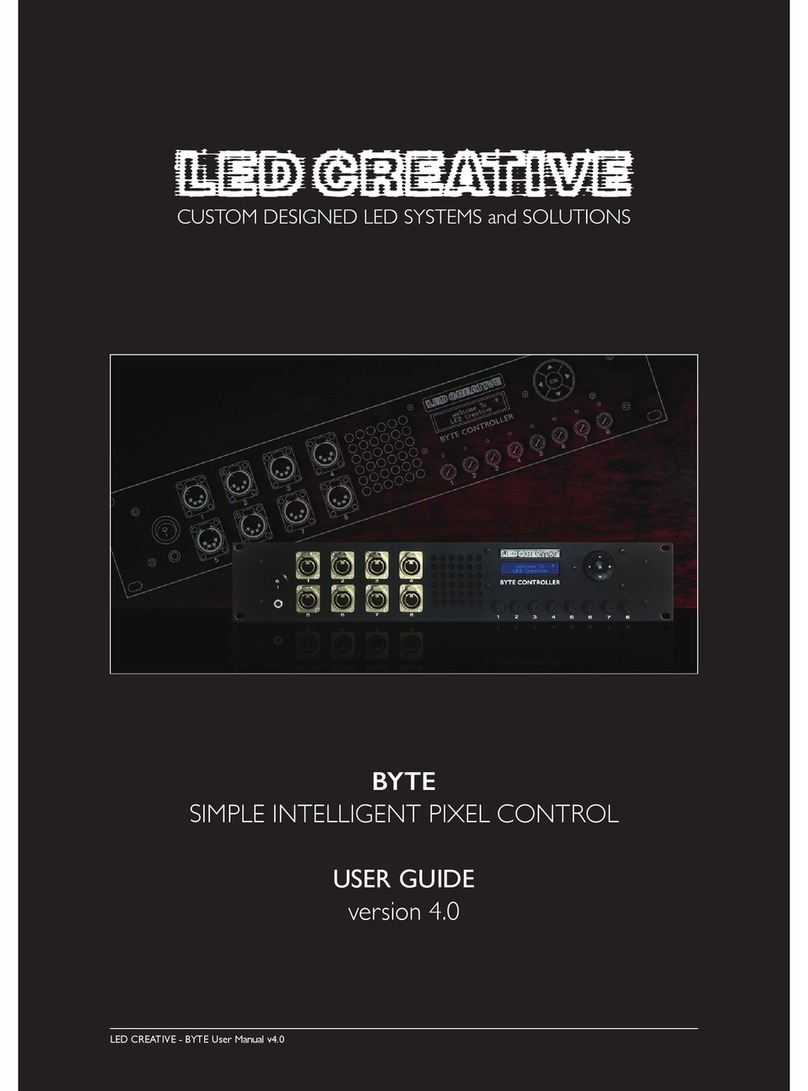
LED Creative
LED Creative Byte user guide
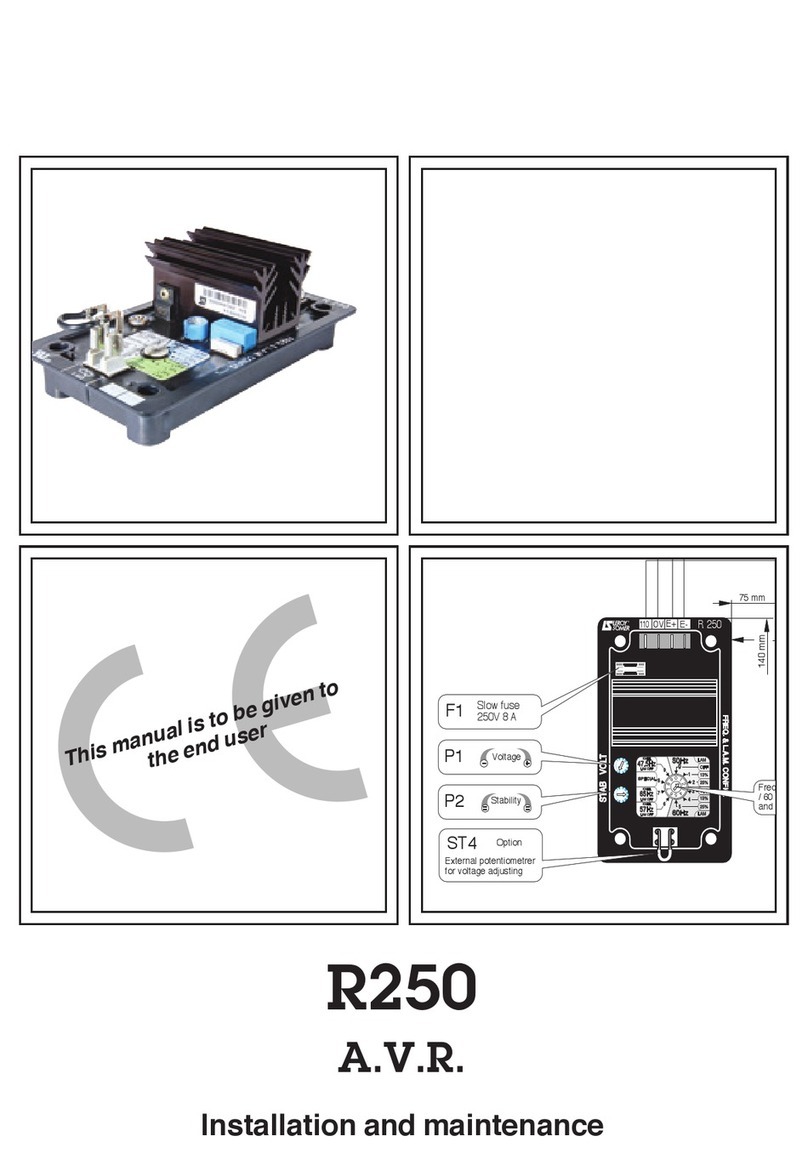
Rotek
Rotek R250 quick start guide
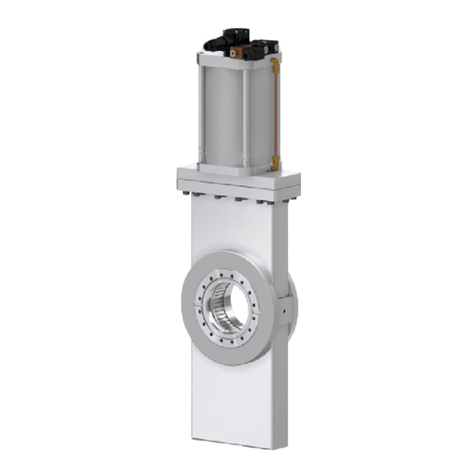
VAT
VAT 47146-E7 Series Installation, operating, & maintenance instructions
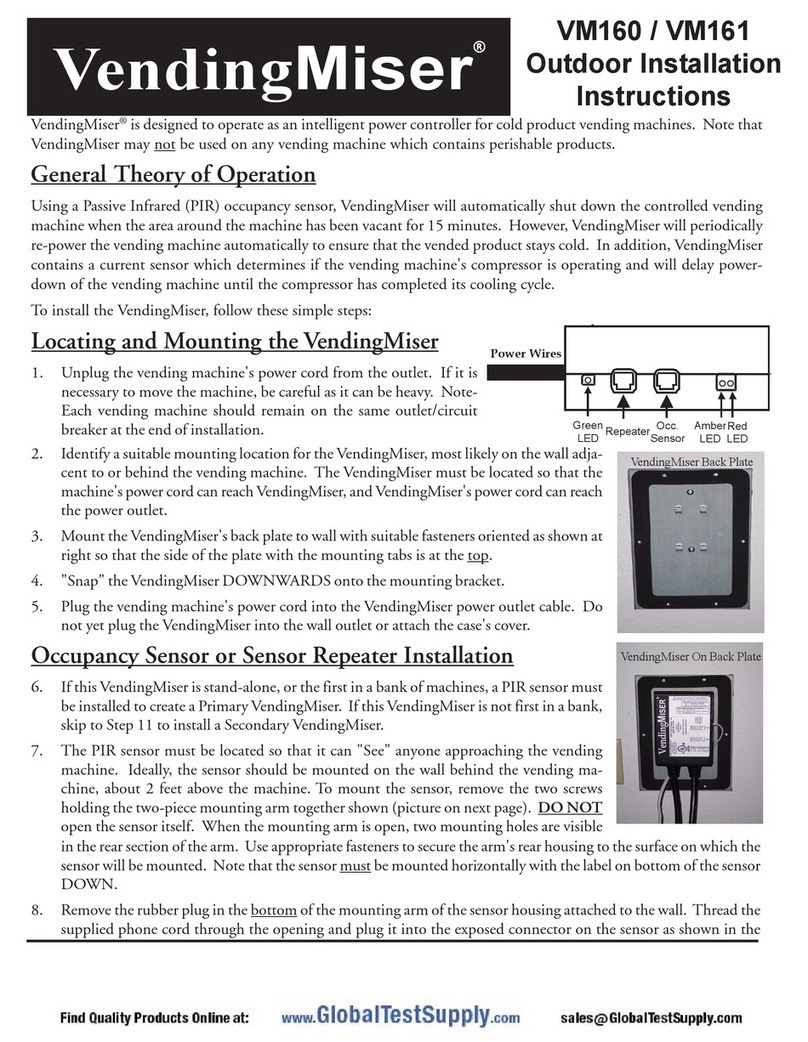
USA Technologies
USA Technologies VendingMiser VM160 Outdoor Installation Instructions
